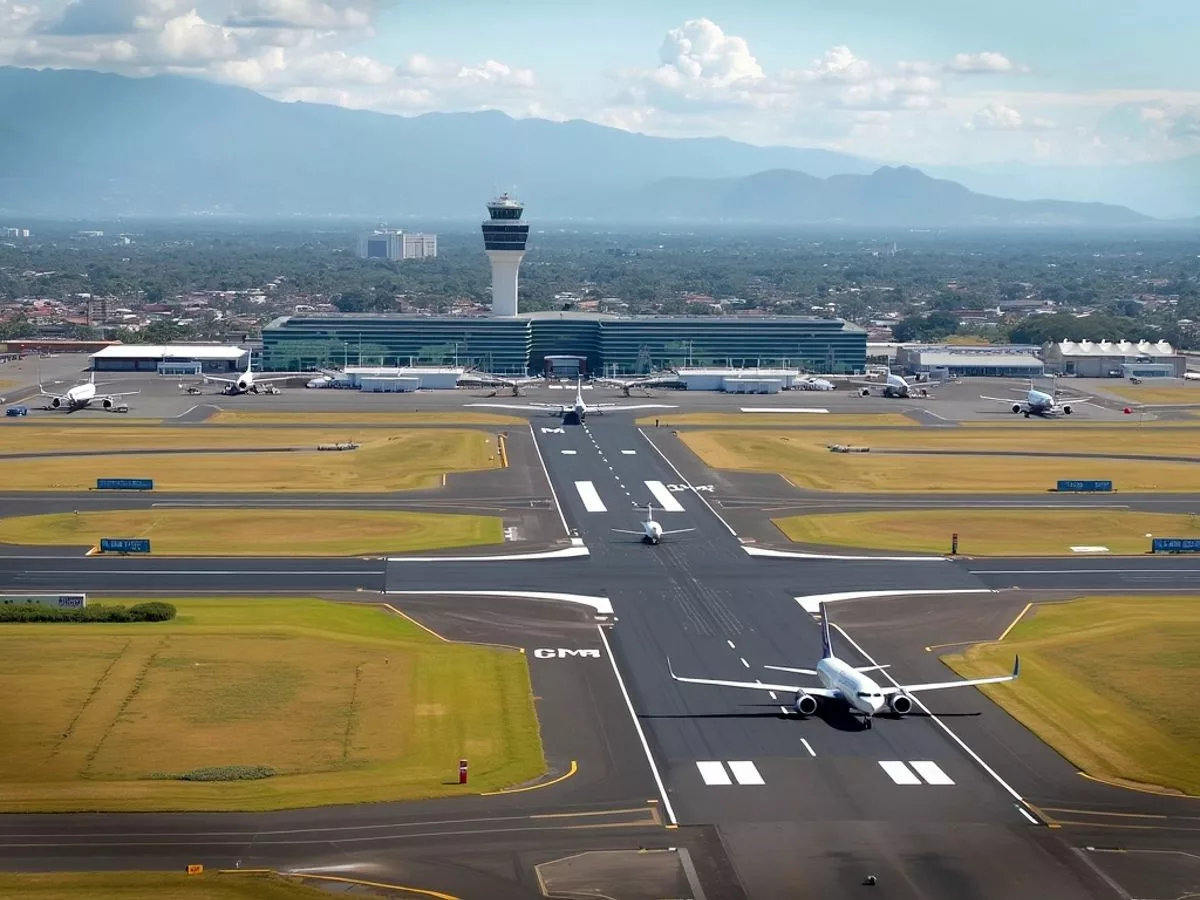
Kenya’s high court has temporarily halted a proposed deal for India’s Adani Group to lease the country’s main airport, Jomo Kenyatta International Airport (JKIA), for 30 years. The decision follows concerns raised by local associations about the financial and social implications of the lease.
Key Takeaways
- Kenya’s high court has blocked the proposed 30-year lease of JKIA to Adani Group.
- The Law Society of Kenya (LSK) and Kenya Human Rights Commission (KHRC) argue the country can independently raise the $1.85 billion needed for airport upgrades.
- Concerns include potential job losses, fiscal risks, and lack of value for taxpayers.
- The court has issued a stay prohibiting any actions on the Adani proposal pending the case’s conclusion.
Background of the Proposed Lease
The proposed lease agreement between the Kenyan government and Adani Group involved the latter taking over operations at JKIA, East Africa’s largest aviation hub, in exchange for expanding the airport. The deal was met with significant opposition from various local organizations, including the LSK and KHRC.
Concerns Raised by Local Associations
The LSK and KHRC have been vocal about their opposition to the lease, citing several key issues:
- Affordability: The associations argue that the lease is unaffordable for the country.
- Job Losses: There are fears that the deal could lead to significant job losses, particularly among Kenyan workers.
- Fiscal Risk: The lease is seen as a fiscal risk that could have long-term financial implications for the country.
- Value for Money: The associations believe that the deal does not offer good value for Kenyan taxpayers.
Legal Proceedings and Court Decision
In a joint application, the LSK and KHRC told the court that Kenya could independently raise the $1.85 billion required to upgrade JKIA. The high court granted their request for leave to file a judicial review to challenge the lease.
LSK President Faith Odhiambo announced on social media that the court has issued a stay prohibiting any person from implementing or acting on the Adani proposal until the case is concluded.
Reactions and Future Implications
The Adani Group has not yet responded to the court’s decision. Last month, the Kenya Aviation Workers Union called for a strike over the proposed deal, highlighting concerns about job losses and the potential influx of non-Kenyan workers.
The court’s decision to halt the lease agreement is seen as a significant victory for those opposing the deal. It underscores the importance of ensuring that large-scale infrastructure projects offer tangible benefits to the local population and do not pose undue financial risks.
The outcome of the judicial review will be closely watched, as it could set a precedent for how similar deals are handled in the future.






